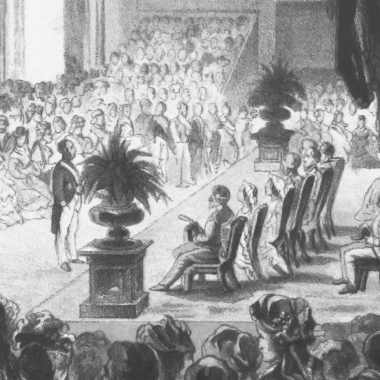Budget
The State Budget contains:
A breakdown of the State's revenue and expenditure, including those of autonomous funds and services;
The social security budget.
The Budget is drawn up in agreement with the broad planning options and taking account of obligations arising from law or contract.
The Budget must be unitary and specify expenditure according to the respective organic and functional classification, in such a way as to prevent the emergence of covert appropriations and funds, and may also be structured by programmes.
The Budget must provide for the revenue needed to cover expenditure, and the law must establish the rules governing its implementation, the conditions governing the resort to public credit and the criteria governing the changes which, during implementation, may be made by the Government to the organic classification headings under each budgetary programme approved by the Assembly of the Republic, with a view to its full implementation.



